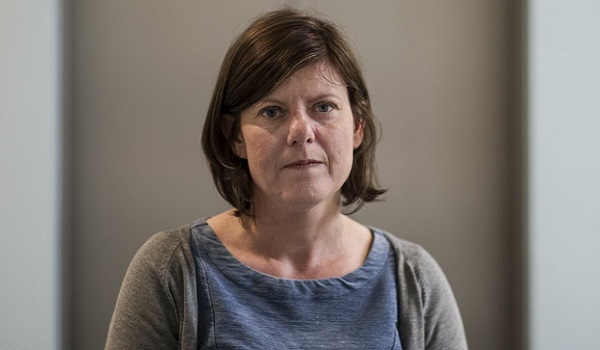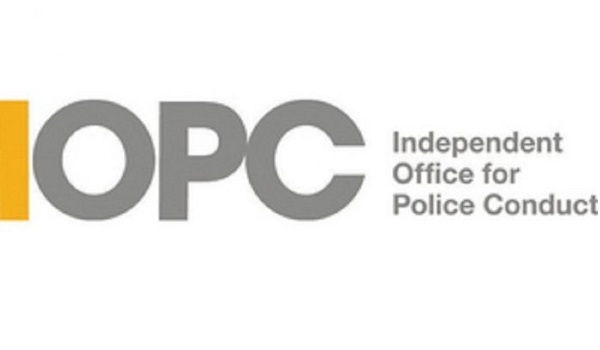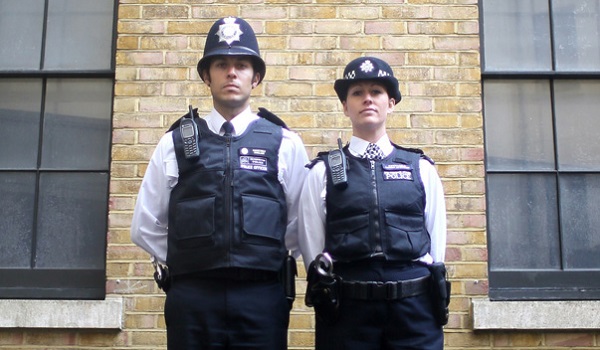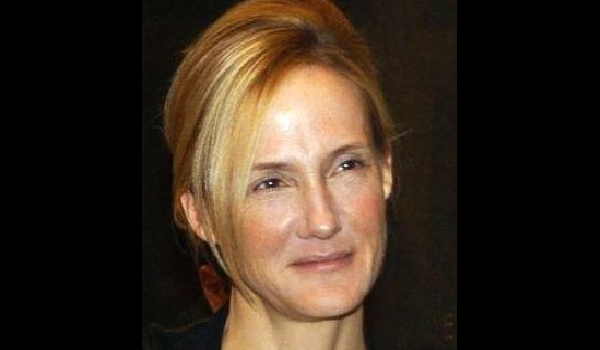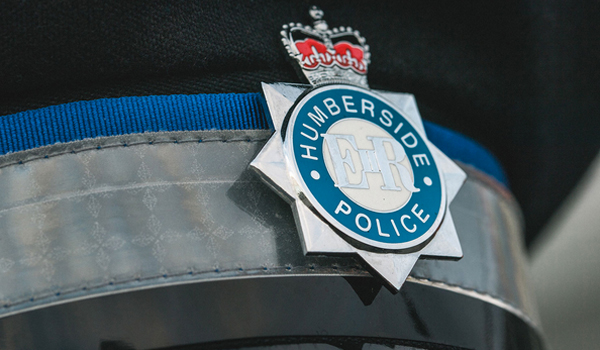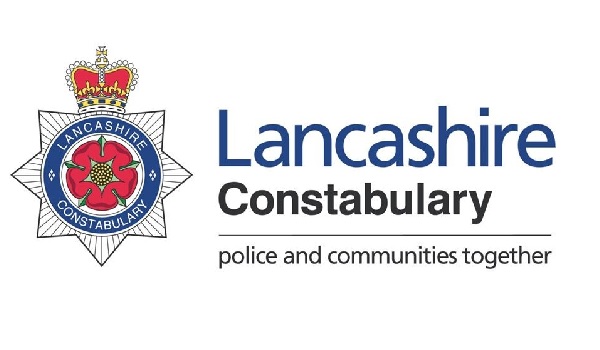Concerns raised over attitude of Police Scotland officers to sexual violence
Police Scotland has been told that “urgent work” is needed to tackle “widely held problematic attitudes around sexual violence” among officers.
Rape Crisis Scotland made the plea as it published a report detailing the experiences of survivors of rape and sexual assault.
One told the support charity that the detective inspector who dropped the case had said, “you weren’t raped, it was consensual”. Another survivor recalled having to give seven statements to the police, with the last of these lasting for eight hours without a break – with Rape Crisis Scotland noting that many of those reporting rape and sexual assaults were left “feeling as though they were being cross-examined”.
The Survivor Reference Group (SRG) report also revealed how on one occasion “a survivor was explicitly told she’d done the wrong thing by accepting a drink of water from people who found her after she had been attacked” – describing this as being “deeply unhelpful”.
Rape Crisis Scotland said it was clear that “problematic behaviours by police were present in many survivors’ accounts of interactions” as it called for “firm leadership” from the force to put an end to it.
Rape Crisis Scotland and rape survivors recently met Chief Constable Iain Livingstone to discuss their experiences.
The report made a series of recommendations to the force which it said, if implemented, “could radically improve the landscape of seeking justice for survivors of rape, sexual assault and abuse in Scotland”
As well as calling for “urgent work to address widely held problematic attitudes around sexual violence across Police Scotland”, the report suggested staff at all levels should be given “trauma-informed communication training”.
It added that those reporting such offences should be given a consistent, named single point of contact, and that video statements should be used more widely to “reduce time and trauma involved in giving evidence”.
The report called on Police Scotland to “commit to show leadership in providing a clear, consistent, compassionate response to all survivors of sexual violence”.
One survivor, identified only as Samantha, said the response received from the police “matters as it shows that someone is standing up for us when we do not have a voice in that moment to do it ourselves. It’s knowing that they have our back and will treat us with respect and compassion – a good response can help survivors to gain back trust lost by previous involvement within the system. How we are treated in those first moments, at the most vulnerable time of our lives, is something that we never forget”.
Another survivor, referred to as Cerys, said that the “open conversation” with the chief constable had been “a start”. But she added: “I don’t want to glorify it – there is a mountain of work to be done before we, as a society, can pat ourselves on the back and truly feel we are making progress in managing men’s violence against women.
“It doesn’t undo the abysmal prosecution rates of reporting, it doesn’t excuse the lack of support for women going through the system we call justice, it can’t rectify the innumerable women that have already been failed. But it is an important step on the path to change and it is a relief to feel that, perhaps, our screams are no longer falling on ears unwilling to listen.”
Rape Crisis Scotland’s chief executive, Sandy Brindley, said they were “immensely proud” to have produced the report with the SRG, whose members campaign for change after being left feeling let down by the justice system.
Ms Brindley said: “The stories contained in this report echo what we have seen and heard through Rape Crisis support and advocacy services across Scotland for many years; it’s clear that something has to change.
“In sharing their experiences, members of the SRG act as a driving force for change, pushing decision makers to be bolder and take the action we know is necessary to ensure that survivors in Scotland get the responses that they deserve.”
Deputy Chief Constable Malcolm Graham said: “We thank the Survivor Reference Group and Rape Crisis Scotland for their perspectives and challenge in this important area. It is vital we listen carefully to the experiences of victims, and act.
“The chief constable was very grateful for the opportunity to listen to those experiences directly, which will help us improve our response to rape and sexual offending.”
Mr Graham said the report had highlighted “the positive difference specialist officers can make”, adding that regular discussions with Rape Crisis Scotland showed that “the engagement of our sexual offence liaison officers (SOLOs) is generally welcomed”.
He continued: “Policing’s response to rape and sexual offending has been transformed under the establishment of a single national service and we are committed to continuing to drive improvements and build on our victim centred approach.
“We’ve developed specific guidance for officers to help them engage with victims in a professional and empathetic way from the early stages of such reports.
“Training for SOLOs and other investigators now include trauma informed inputs. We are also working with Rape Crisis Scotland and The Crown Office and Procurator Fiscal Service in a test of change process for video recorded interviews for victims of rape and serious sexual crime, which are being piloted in three divisions.
“We have a duty and an opportunity to lead a change in policing and across society which improves the experiences of all women and listening to Rape Crisis Scotland and the Survivor Reference Group is an important part of that work. We know there is much still to do.”


